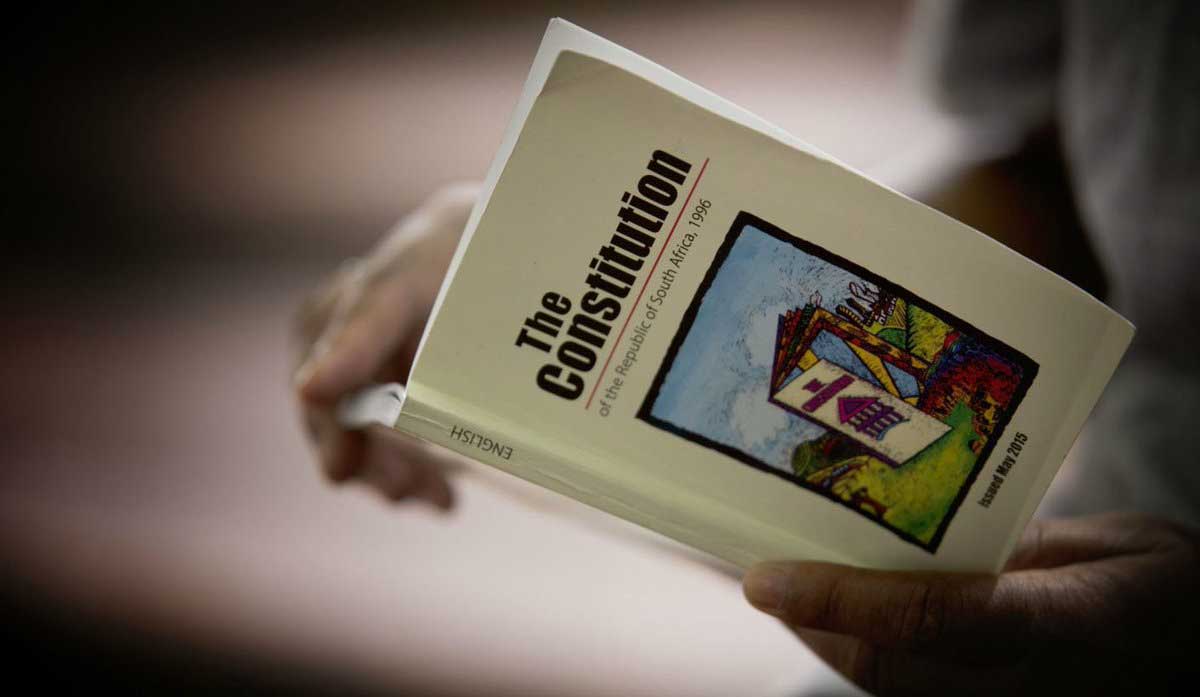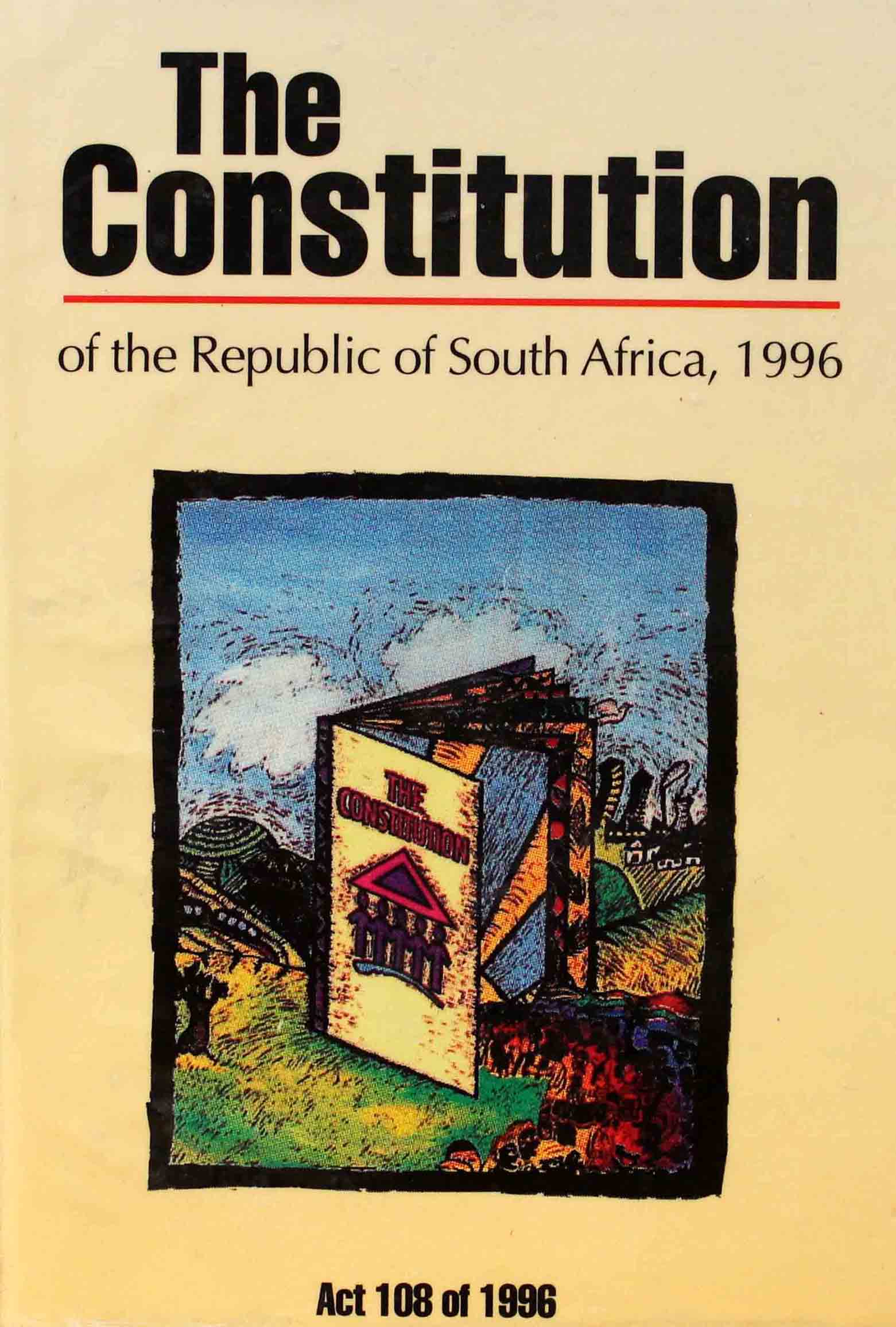
THE CONSTITUTION

The Constitution of the Republic of South Africa, 1996, resulted from a long process of popular struggle, multiparty negotiations, and democratic deliberations which involved politicians, lawyers, and civil society. The Constitution can be said to represent a break from a ‘culture of authority’, in which Parliament was sovereign, and the validity of any law that Parliament passed could only be challenged in court on extremely limited grounds. The Constitution replaced this culture of authority with a ‘culture of justification’- in which every exercise of power must be justified, and be demonstrated to be in accordance with the Constitution.
A multi-party negotiating process resulted in the adoption of an interim constitution, and a set of Constitutional Principles, with the intention that it would be replaced by a final constitution which would be negotiated by a democratically elected Constitutional Assembly, which was elected on 27 April 1994. The final Constitution would have to be certified by the Constitutional Court that it complied with the Constitutional Principles. A final Constitution was submitted to the Constitutional Court for certification on 8 May 1996, but it ultimately had to be amended, as the Constitutional Court held that certain provisions did not comply with the Constitutional Principles. The amended final Constitution was certified by the Constitutional Court on 4 December 1996, and came into operation on 4 February 1997.
The Constitution sets out rules governing the exercise of authority in the country, and it determines the powers which are given to government, as well as the limits those powers.


Chapter 1 of the Constitution contains the Founding Provisions. Section 1 sets out the fundamental principles underlying our Constitutional state, and it states as follows:
“The Republic of South Africa is one, sovereign, democratic state founded on the following values:
(a) Human dignity, the achievement of equality and the advancement of human rights and freedoms.
(b) Non-racialism and non-sexism.
(c) Supremacy of the constitution and the rule of law.
(d) Universal adult suffrage, a national common voters roll, regular elections and a multi-party system of democratic government, to ensure accountability, responsiveness, and openness.’
The Constitution introduced the ‘doctrine of Constitutional Supremacy’ into our legal system. As stated in section 2 of the Constitution, “[t]he Constitution is the supreme law of the Republic; law or conduct inconsistent with it is invalid, and the obligations imposed by it must be fulfilled.” This means that all laws and government conduct must comply with the Constitution, or they are invalid to the extent that they are inconsistent with the Constitution.
Chapter 2 of the Constitution contains a Bill of Rights, which the state is bound to respect, protect, promote, and fulfill. The Bill of Rights provides protection for a very wide range of rights, including the rights to life, equality, human dignity, and freedom and security of the person, rights of access to health care, social security, and housing, children’s rights, access to information, and just administrative action. The Bill of Rights applies to all laws, and it binds all of the branches of government (which is discussed further below), and all public institutions.
RECECENT POSTS

Message of condolences on the passing on of Hon. Modiegi Meiki Dikolomela, EFF MPL
Related Posts

Cooperative Governance Committee visits Unblocked Housing Projects in Kagisano-Molopo Municipality
The Portfolio Committee on Cooperative Governance and Traditional Affairs chaired by Hon. Kgalalelo Makgokgowa conducted...
E- PETITION
E-petitions are an easy way for you to make sure your concerns are heard by Government and Parliament. E-petitions enable members of the public to petition the Legislature and press for action from the government.

